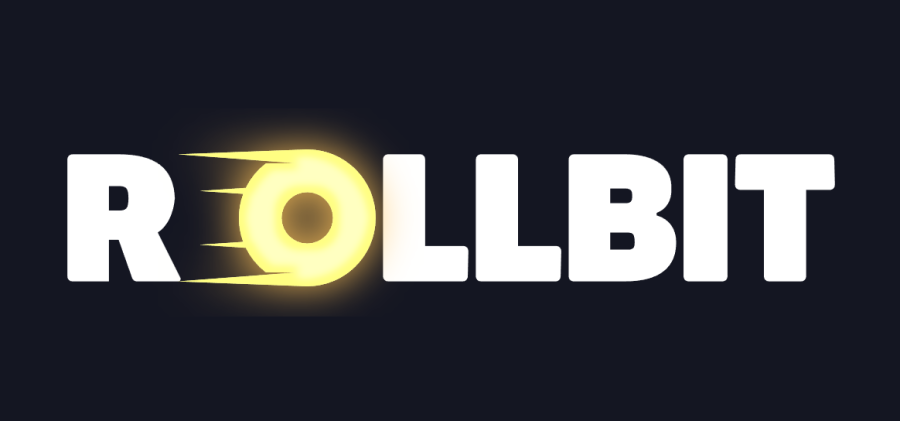When Wolfram Research released its iPhone app for Wolfram Alpha earlier this week, most of the attention quickly shifted away from the features of the app itself and towards the high price of the app. At $49.99, Wolfram Alpha is far more expensive than most apps in the App Store today, where only a small number of highly specialized apps sell for more than $9.99. Today, we got a chance to discuss Wolfram’s pricing strategy with Schoeller Porter, the product manager for Wolfram Alpha’s iPhone app.

Early Reactions
OnTwitter and in the tech blogosphere, the reactions to the app’s price were anything but subtle. We called it “too expensive” ourselves, though others had strongerwords for it. MIT’s Technology Review called it a “a pricey online calculator for geeks” – a product that’s more like the expensive but immensely powerful Mathematica than Stephen Wolfram’s original idea for Alpha (“Wolfram|Alpha aims to bring expert-level knowledge and capabilities to the broadest possible range of people”).
It is worth noting that the Wolfram Alpha app quickly appeared in the list of top 100 grossing apps in the iTunes App Store (iTunes link) and has been hovering at the lower end of the top 50 ever since. That doesn’t make it a breakout hit, but some people are clearly buying the app, even though only a small number of users have left reviews.

A Premium Price for a Premium Experience
There can be little doubt that the Wolfram Alpha team was expecting some backlash. As Porter told us today, the Wolfram Alpha team decided to price the app with the cost of a hardware graphing calculator in mind. At $50, the app costs roughly half of what a hardware calculator would cost. As Porter also stressed, the app offers a far superior range of features thanks to its connection to Wolfram’s server farm. The company thinks this price is justified because of the superior experience of using the app over the mobile website.
After using the app for a few days, we definitely have to agree there. The dual-keyboard solution makes entering queries in the app much easier than using the mobile site and accessing Wolfram Alpha from the app is also much faster then using the mobile site.
Porter noted that Wolfram is trying to set itself off from the mass of $0.99 apps that only get used once and are quickly forgotten. Instead, the company hopes that the app will become a regular companion for its users, whether they are using it for help with their homework in school or college, or in their professional life.
At the end of the day, this is an app for specialists. While Schoeller Porter worded this more carefully in our interview today, the basic fact is that Wolfram is charging a premium price for a premium experience. Users who don’t need the app can continue to use the website, while those who are willing and able to spend $50 on the app will get a superior experience. For the time being, Wolfram doesn’t expect to bring the price of the app down and so far, according to Porter, the team has been happy and excited about how the app has been performing in the marketplace.
The Price of iPhone Apps
This also leads into a broader discussion about the current pricing in the iPhone App Store, where even the most complex apps and games have to sell for under $10 to reach a wide audience. At the end of our discussion, Porter noted that the Wolfram app may lead to some changes here, though we have to wonder if anything is likely to change the current drift towards lower prices in the App Store.
It is also worth pointing out, though, that a lower price point opens up the market for an app to a far wider audience – often to the point where the lower price brings in exponentially more users and more than offsets any potential losses from the lower price.
What Do You Think?
Is Wolfram’s price point for the iPhone app a bold move? Hubris? Or would you be happy to pay $50 for the superior experience and ergonomics of the app?




















